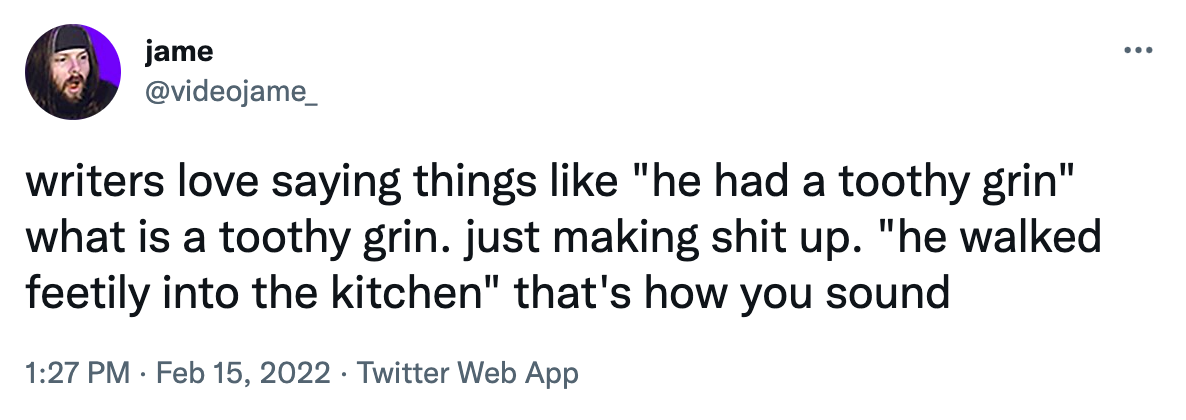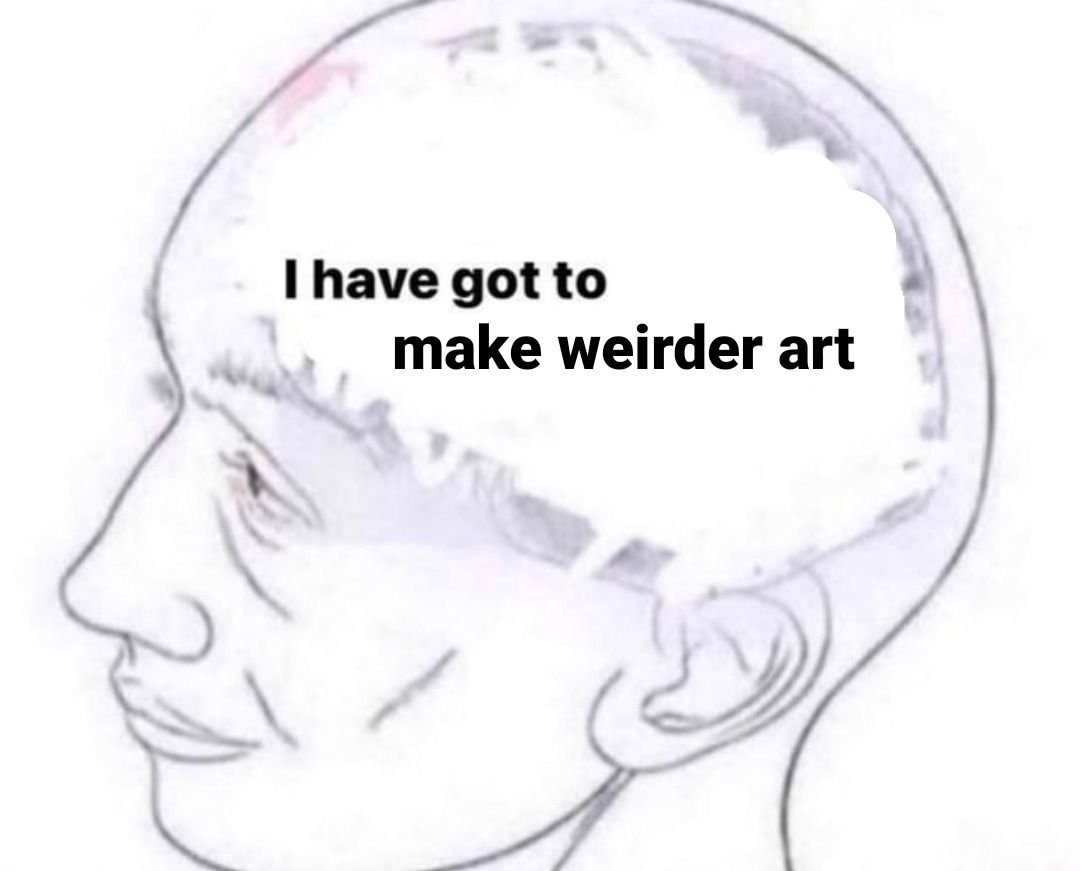Issue 48: Plunge more deeply into the life you already have
There are two pieces of media that have broken my brain recently (in a good way). I’ve seen the film Everything Everywhere All At Once twice and just finished reading Oliver Burkeman’s book Four Thousand Weeks: Time Management for Mortals. At first glance, they couldn’t be more different. In EEAAO, Michelle Yeoh’s character, Evelyn, and her family, are struggling with an IRS audit of their laundromat when they get thrown into the multiverse. Evelyn accesses alternate lives where she’s a movie star and a hibachi chef, as well as other worlds where people have hot dog fingers. Meanwhile, Four Thousand Weeks is an anti-self help self-help book that is resolute in its focus on embracing the finitude of our lives. But both EEAAO and Four Thousand Weeks, I’ve realized, are ultimately about changing our relationship with time to help us live a more meaningful life.
(Light spoilers follow for Everything Everywhere All At Once)
Accept that you are who you are
“In what ways have you yet to accept the fact that you are who you are, not the person you think you ought to be?” Burkeman asks. I found this question terrifying, because I strongly relate to his observation that we often postpone fulfillment until we’re somehow better or more in control of our lives in the future. We, as a society, generally treat time in a “self-defeatingly instrumental way” when in reality, “life is nothing but a succession of present moments, culminating in death.”
Evelyn is an unlikely hero. She’s told, point blank, that she is the best Evelyn of all possible Evelyns because she’s the least successful one. She still has her full potential laid out in front of her. Although she initially wants to crawl up on the IRS building floor when she finds this out (I mean, wouldn’t you?), she eventually rises to the challenge.
It’s precisely Evelyn’s acceptance that enables her to “verse jump,” which is a way for her to access the skills of her other selves by jumping between universes. Verse jumping is activated by unlikely scenarios like giving yourself paper cuts or chugging a liter of orange soda—the weirder the better. I like that EEAAO positions each moment as a chance to channel another version of yourself.
“You’ll probably never get to a point where you feel you have things in perfect working order,” Burkeman says. If the feeling of total authority will never arrive, then there’s no point in putting things off. We have less reason to be self-conscious, to play things safe, or to hold things back. So why not put your shoes on the wrong foot and see where that takes you?
Cosmic insignificance
In Burkeman’s approach to time management, he recommends a healthy dose of “cosmic insignificance therapy.” While much of his book is about embracing finitude, he also cautions against the trap of holding your four thousand weeks to an “over demanding standard of remarkableness” that is impossible to achieve.
Instead, we need to just take moments on their own terms and move “into the experience of life as it concretely, finitely—and often enough, marvelously—really is.” As one poignant scene in EEAAO shows, sometimes you’re just a rock in a universe where life didn’t have a chance to form, and that’s okay.
Synchronized cohesion
In one chapter, Burkeman explores time management in the context of “synchronized cohesion.” This is essentially the idea that the value of time comes not from the sheer quantity you have, but from whether you’re in sync with others. Even if you have total control over your own schedule, it won’t feel as meaningful if it doesn’t overlap with your friends or family. In EEAAO, it becomes apparent just how important this social aspect of time is. To live rich personal and creative lives, we need time with loved ones and our communities.
Optimistic nihilism
EEAAO grapples with optimistic nihilism. With so many universes and swirling chaos, nothing really matters, so why bother? But as Burkeman notes, “to make a difference you must focus your finite capacity to care.” Even in the multiverse, choice still matters. It's "the renunciation of alternatives" that makes choices meaningful in the first place.
I appreciate that Four Thousand Weeks is blunt. We have to accept defeat. We can cope by deciding what to fail at at any given point, or how we might instead aim for “strategic underachievement.” But we’re not Jobu Topaki in EEAAO—we can't manipulate matter and time to our will. Burkeman suggests meeting defeat with acceptance:
You have to accept that there will always be too much to do; that you can’t avoid tough choices or make the world run at your preferred speed. [...] In exchange for accepting all that? You get to actually be here. You get to have some real purchase on life. You get to spend your finite time focused on a few things that matter to you, in themselves, right now, in this moment.
Seek out novelty in the mundane
In the opening scene of the film, Evelyn bristles at her husband, Waymond, for always putting googly eyes on the customers’ laundry bags. Buried under work and the tax audit, she finds Waymond’s habits and positive attitude irritating. But later on in another universe, Waymond explains his philosophy, and it’s very much in line with Burkeman’s “tools for embracing your finitude”:
- Seek out novelty in the mundane. Pay more attention to every moment, however mundane.
- Try deliberately adopting an attitude of curiosity in your relationships. Choose curiosity over worry, wondering over hoping.
- Cultivate instantaneous generosity. Act on generous impulses right away rather than putting them off until later.
As Burkeman writes, and EEAAO underscores, the most important thing is to “plunge more deeply into the life you already have.”


Creative resources
- Jess Zimmerman on untangling the braided essay with a tweet about Steven Hotdog: “Meaning is defined by at least three points: the personal, the factual, and the resonance between them.”
- Apply to the LitUp writer’s fellowship by May 31. Five emerging women writers will get an all-expenses-paid retreat, a three-month mentorship with a published author, and marketing support from Reese’s Book Club.
- One of my favorite bits of creative advice from Four Thousand Weeks was Finnish-American photographer Arno Minkkinen’s Helsinki Bus Station Theory and the importance of patience. This reminded me of the four stages of competence and Ira Glass’ quote about how to close the gap between your taste and ambition.
- “18 Free or Cheap Literary Reading Series in NYC” by Andrea Oh
- R.E. Hawley on writing in Garamond: “Creative output of any kind depends upon a steady stream of tiny self-delusions—guardrails to keep yourself from veering into a pit of self-doubt and despair.
- Today is Bookshop's flash sale—20% off your whole order!
Recent reads & other media
In addition to Four Thousand Weeks, I read Yanyi’s newest poetry collection Dream of the Divided Field. I enjoyed his interview with Electric Literature about how his collection relates the past and present. I also read Laura Gao’s amazing coming-of-age graphic memoir, Messy Roots, about growing up in Wuhan and Texas. I laughed out loud at the video game-inspired panels and loved how she depicted the awkward and tender parts of growing into her queer and Chinese American identities.
Note: Book links are connected to my Bookshop affiliate page. If you purchase a book from there, you'll be supporting my work and local independent bookstores!
~ meme myself and i ~
The balloon is the main character. I was riveted by these baby ducks following their mom. Nightmare fuel: sandwich edition. An impression of butter on a hot pan. Let me watch my same shows over and over. The discovery of curds.

